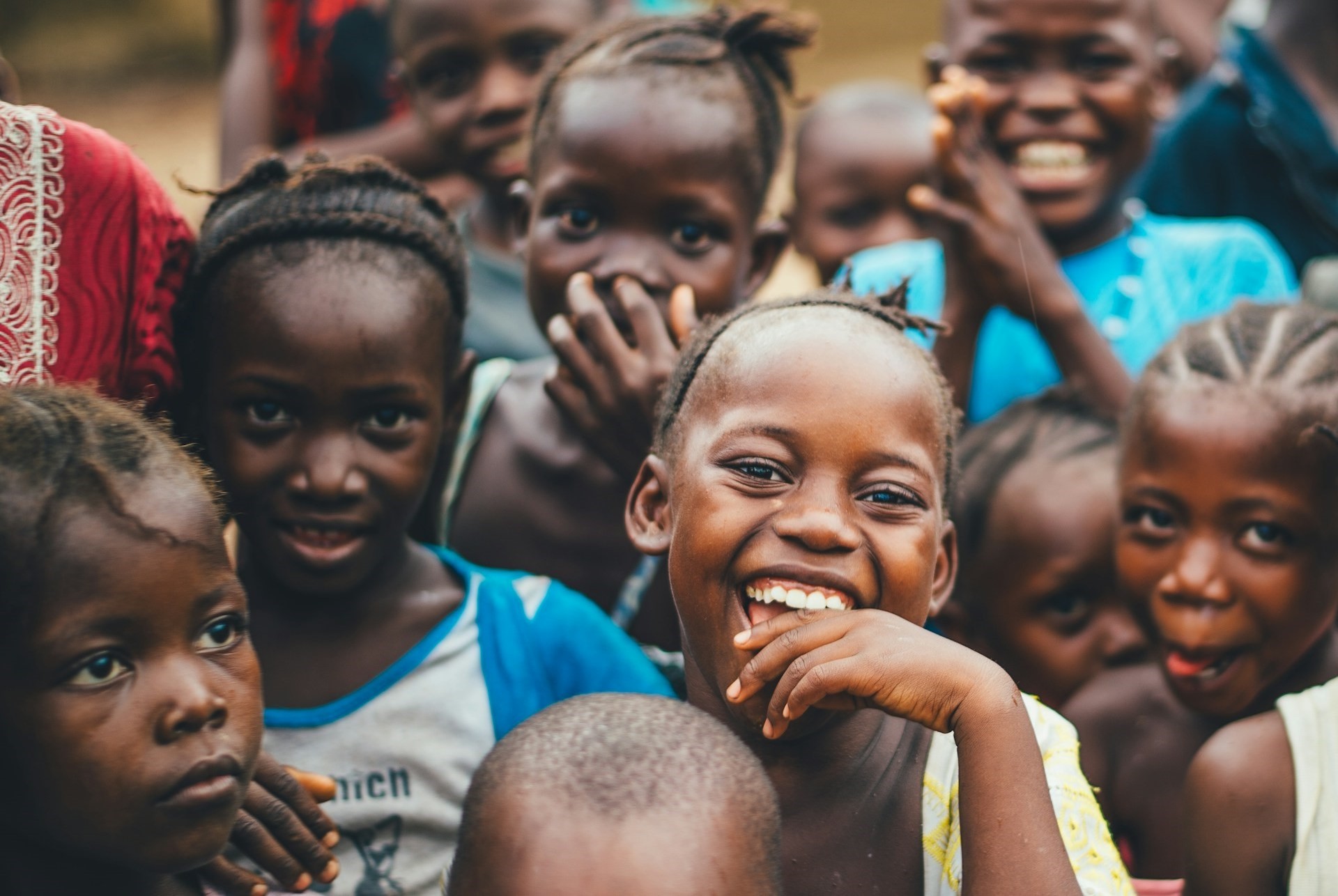The International Day of the Girl Child observed annually on October 11th, highlights the rights, potential, and unique challenges girls face worldwide. This year’s theme, “Vision for the Future,” underscores the importance of equipping girls with the tools and opportunities to shape a better world. In Zambia, the focus is on elucidating the challenges Girls encounter while honouring their inherent strength, resilience, and capacity to assume leadership roles within their communities and beyond.
Zambian girls face numerous challenges that limit their opportunities and rights. Despite ongoing efforts to improve the status of girls, significant barriers remain:
- Early Marriage: One of the pressing issues facing girls in Zambia is early marriage. According to national statistics, nearly one-third of girls in Zambia are married before 18. This practice not only deprives them of their education but also exposes them to health risks, including early pregnancies and maternal mortality. Early marriage robs girls of their childhood and limits their potential.
- Access to Education: While Zambia has made strides in improving education for girls, many still face obstacles in accessing quality schooling. Factors such as poverty, long distances to schools, and cultural practices prevent many girls from completing their education. Girls in rural areas are particularly vulnerable, often dropping out due to financial difficulties or family expectations.
- Gender-Based Violence: Gender-based violence remains a major concern in Zambia, with many girls and young women experiencing violence in their homes, schools, and communities. This violence not only affects their physical and mental well-being but also perpetuates inequality, keeping them trapped in cycles of fear and disadvantage.
- Health Issues: Zambian girls face serious health risks, particularly related to reproductive health. Limited access to healthcare services, information about sexual and reproductive health, and safe practices around menstruation continue to affect their well-being. In rural areas, girls often miss school during their menstrual periods due to inadequate sanitary products and a lack of proper facilities.
Despite these challenges, Zambian girls show remarkable resilience and potential. Across the country, girls are taking on leadership roles in their communities advocating for their rights, and challenging the norms that hold them back. They are standing up against child marriage, advocating for equal access to education, and demanding safe environments where they can thrive. Organisations and initiatives focused on girls’ empowerment in Zambia play a crucial role in this progress. Efforts like providing scholarships for girls, mentorship programs, and awareness campaigns on the importance of keeping girls in school are making a difference. These initiatives help girls to break free from cycles of poverty and dependency, opening doors to a brighter future.
As we look to the future, Zambia must create a society where every girl can realise her full potential. This means:
- Eliminating Child Marriage: Strengthening laws and increasing awareness about the negative impact of child marriage on girls’ lives. Efforts should focus on community-based programs that change social norms and offer girls alternatives to early marriage, such as education and vocational training.
- Improving Access to Education: Ensuring that all girls, especially those in rural areas, access quality education. This includes building more schools closer to remote communities, providing financial support to families, and promoting policies that encourage girls to stay in school.
- Ending Gender-Based Violence: Establishing more comprehensive programs and services to support victims of gender-based violence. Safe spaces and legal frameworks should be strengthened to protect girls from harm and ensure justice for survivors.
- Prioritizing Girls’ Health: Access to quality healthcare, especially in rural areas, and educating girls on reproductive health should be prioritised. Providing affordable sanitary products, improving healthcare facilities, and ensuring that girls are well-informed about their health are crucial ways to ensure their well-being.
Conclusion
The International Day of the Girl Child reminds us that Zambian girls are vital to the nation’s future. By investing in their education, health, and safety, we not only pave the way for a brighter future for these girls but also contribute to the overall progress and prosperity of the country. Let us commit to breaking down the barriers that hold girls back and working towards a vision where every Zambian girl has the opportunity to achieve her dreams, contribute to her community, and lead Zambia toward a brighter tomorrow.


